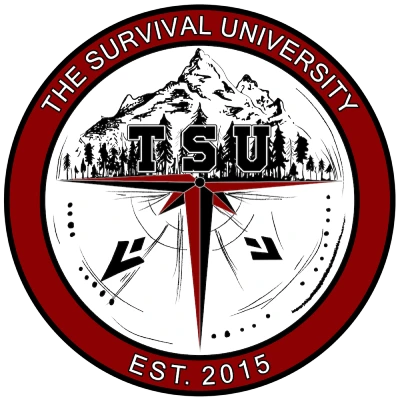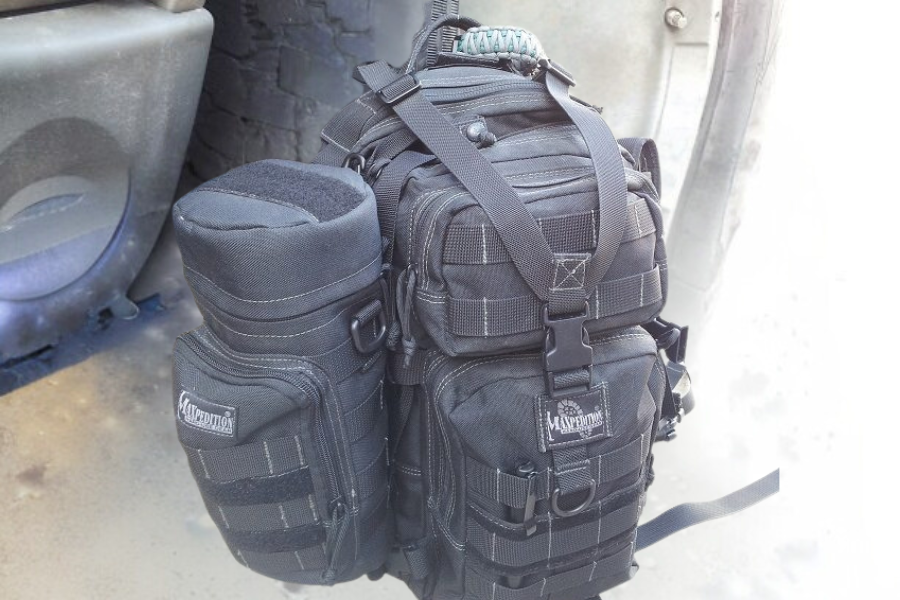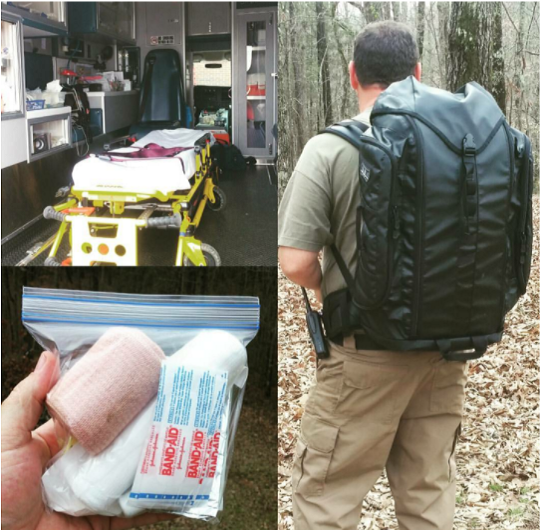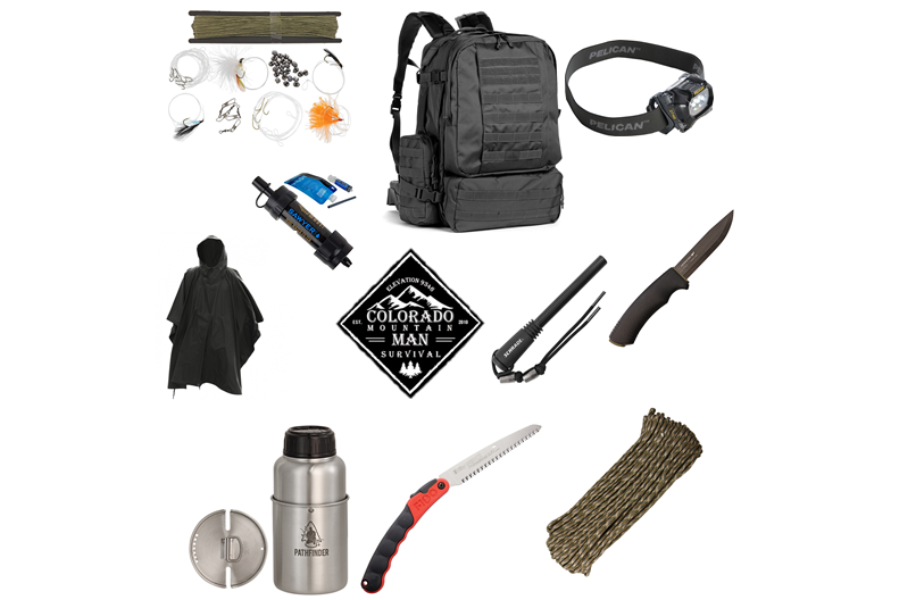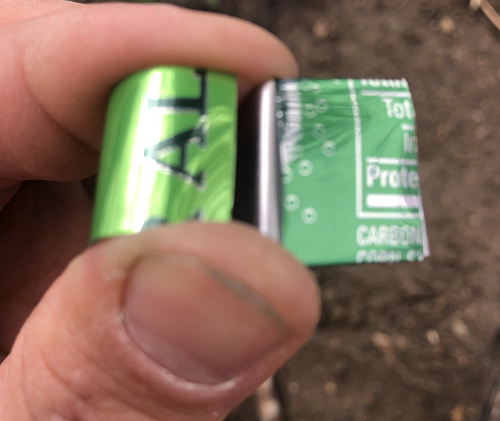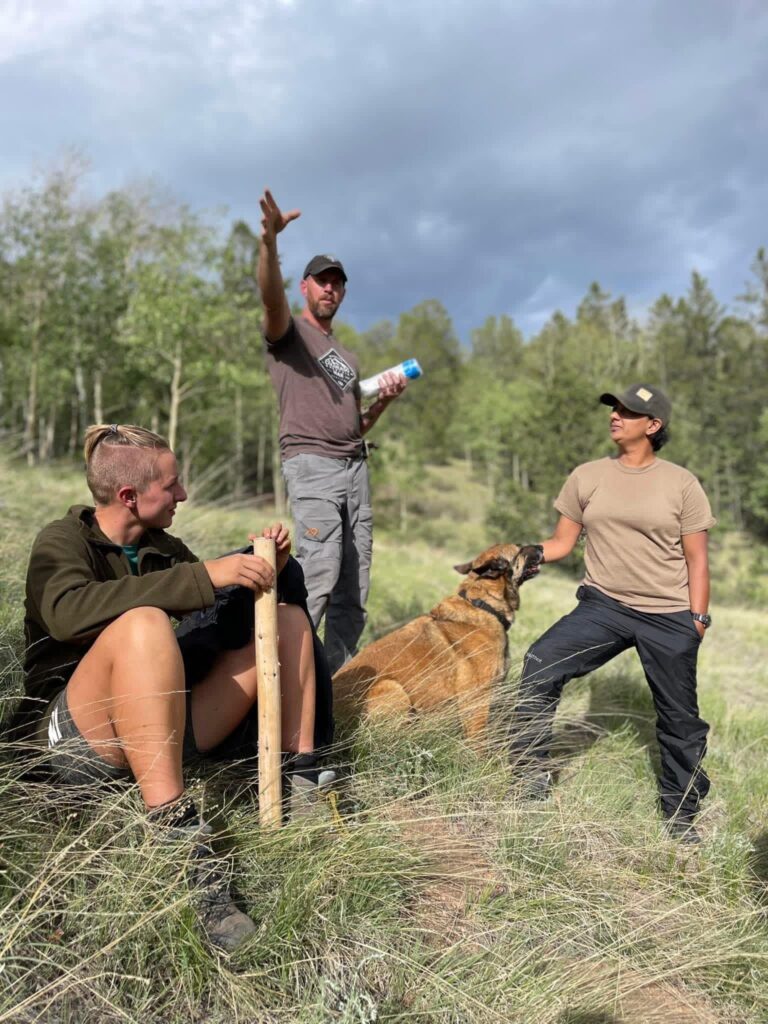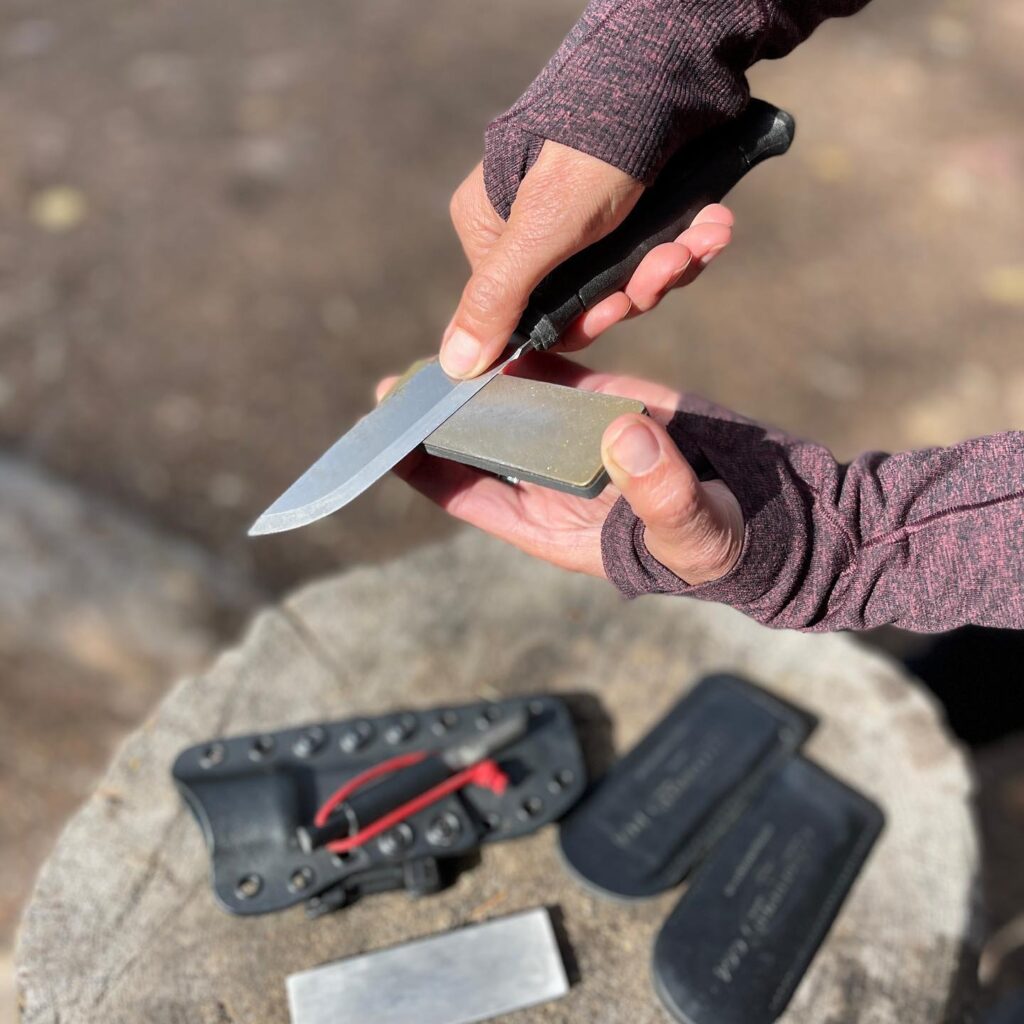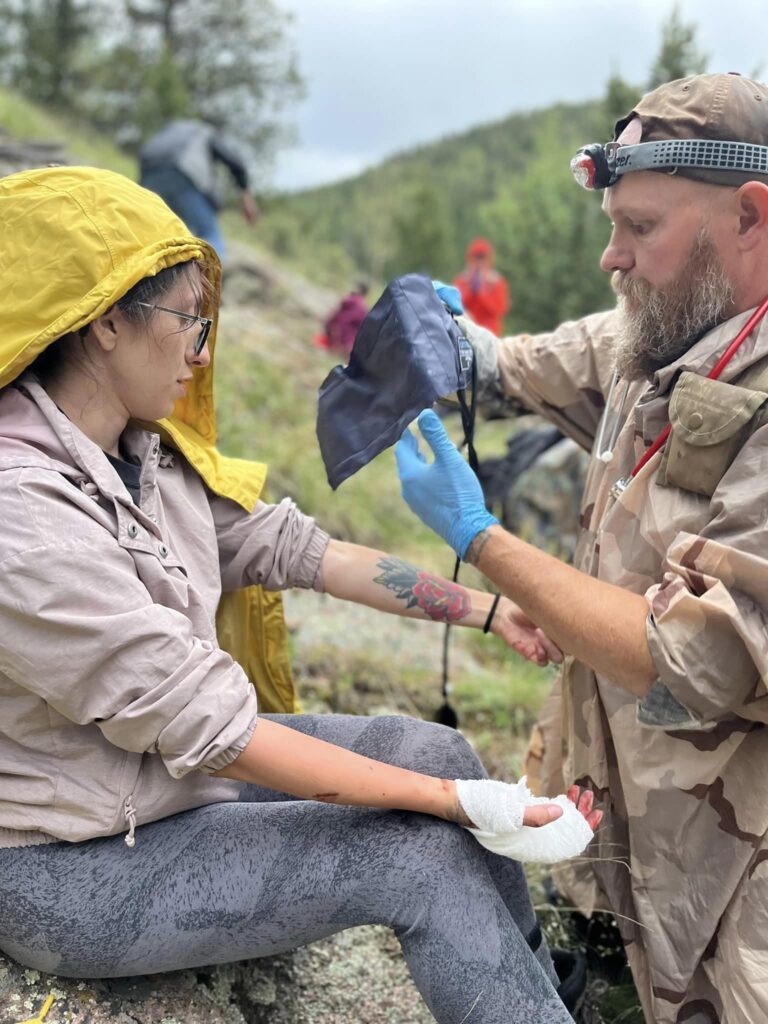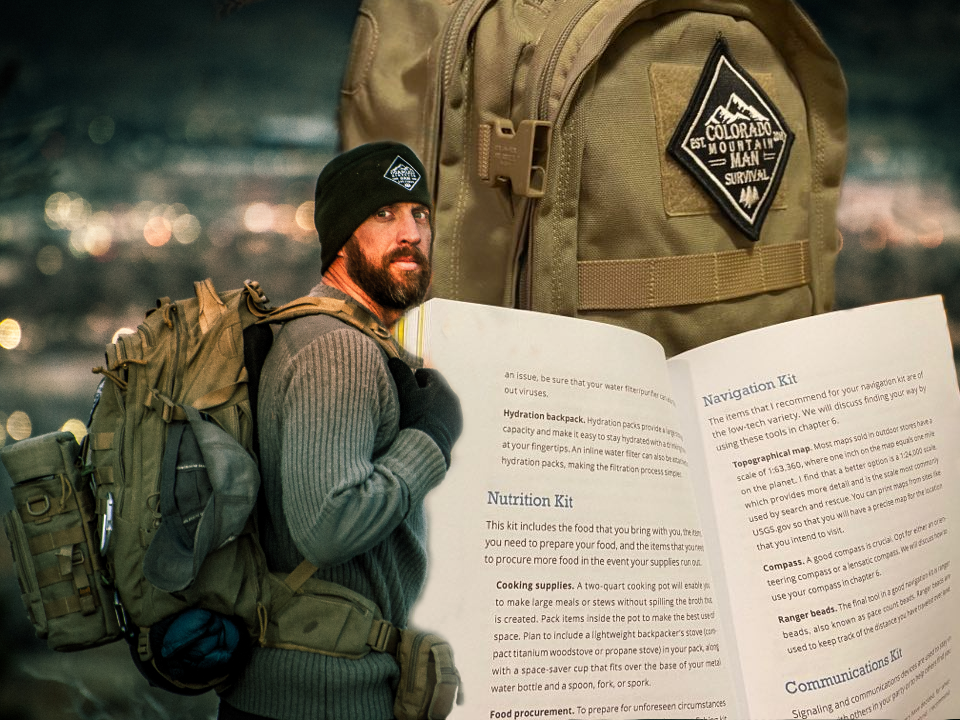Cart
3 min read
What is your preferred classroom setting?

Are you required to have a WFR Certification for your job? Or do you want to learn medical skills for when you are venturing out into the wilderness, just in case something happens to you or your loved ones? Perhaps you saw a stranger go down on a trail and didn’t know what to do and want to learn so that next time you can save a life or at least help them with their pain?
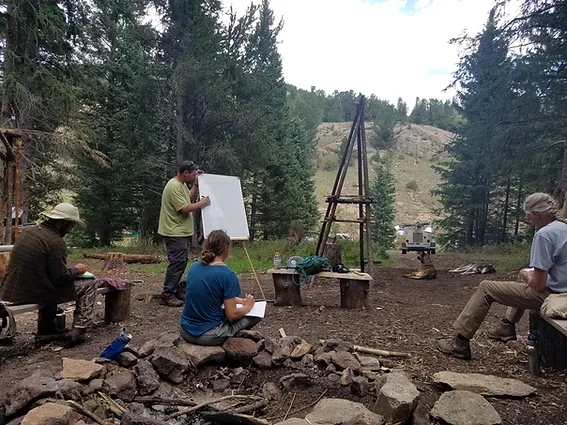
If you have to sit through a mandatory lecture for your WFR Certification, which of these two pictures looks more appealing to you? If stuffy, badly lit, classroom settings are not for you and you prefer to breath in fresh mountain air while you get your learn on, check out our WFA, WFR and CPR certification classes in July 2019. Limited spots available so sign up now before its too late!
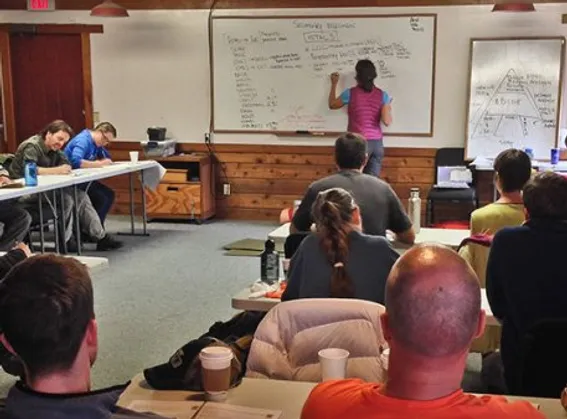
Are you serious about expanding your depth of medical knowledge and improvised medical care? Looking to improve your skills in dealing with medical issues in backcountry environments? Ever consider becoming a Wilderness First Responder (WFR)? Our challenging seven-day WFR program, referred to as the “Gold Standard” in wilderness medical care, is primarily intended for non-medical professionals who are traveling in the backcountry and serving as wilderness guides, outdoor instructors, outdoor educators, Search and Rescue (SAR) team members, ski patrol, medical personnel for adventure races/events, missionaries, expedition medical team members, etc. A WFR is responsible for preventing and identifying medical problems, initiating reasonable and appropriate field management of medical issues, and identifying when and how to safely evacuate patients presenting with potentially life-threatening problems.
Our curriculum includes:
- Human Anatomy and Physiology
- Patient Assessment Skills
- Vital Signs and Homeostasis
- Airway Adjunct Indication and Use
- Indications and Use of Medical Oxygen
- Recognizing and Treating Soft Tissue Injuries
- Bleeding Control and Shock Management Techniques
- Tourniquets and Hemostatic Agents
- Alternative Wound Closure Techniques
- Bone Injuries and Splinting
- Improvised Traction Splints
- Strains and Sprains
- Dislocation Reduction Techniques
- Head and Spinal Injuries
- Abdominal and Thoracic Issues
- Burns and Thermal Injuries
- Bites, Stings and Envenomation
- Altitude Illness
- Drowning, Lightning and Avalanche Concerns
- Heat and Cold Related Issues
- Medical Emergencies in the Backcountry
- Introduction to Rotary Aircraft Ground Operations
- Emergency Carries and Improvised Litters
- Lost Person Mentality and Behavior
- Medical Kit Mentality
- Medical Leadership
- Medical Considerations in Remote Expedition Planning
- Incident Command Options for Wilderness Operations
Day and night practical exercises are a critical learning tool for this material. This program is physical in nature, and a reasonable level of fitness is expected of all participants. The American Safety and Health Institute serves as the certifying agency for our WFR program. Certification is valid for two years. Adult, child and infant CPR and AED use is included as part of this program.
Leave a Comment
The Get Home Bag
We share the get home bag essentials checklist which is everything you might need to get home in the case of an emergency just in...
Fire Cider – Master Tonic
Fire Cider and/or Master Tonic is a concoction that you can make at home that helps combat the flu, other similar illnesses and much, much...
Urban Survival Tips
In an ever more urbanized world, it's crucial to empower people with the know-how to thrive in cities. By following these suggestions, you can boost...
What’s in a Wilderness Medical Kit
All medical kits, should assist you in opening and maintaining an airway, providing ventilations if needed, limiting blood loss, immobilizing a suspected fracture and treating...
Recommended Gear List For Courses
Ultimate gear list for survival courses at The Survival University, covering essentials for various classes from beginners to advanced levels.
Making a Lifesaving Whistle from Trash for Survival
Learn how to make a super quick and highly effective whistle hack that carries over distance. Prioritize your situation and ensure safety when processing found...
81 Basic Survival Tips That You Should Know
Discover essential survival tips for any emergency situation with our comprehensive blog. Stay safe and prepared in the wilderness!
Why a Knife is Not Your Most Important Survival Tool: A COMPARISON OF SKILLS AND TOOLS IN REAL-LIFE SCENARIOS
Discover why a knife is not your most important survival tool in this eye-opening article. Learn crucial wilderness skills for emergencies.
Beyond the Wilderness: How WFR Skills Can Save Lives Anywhere
While the Wilderness First Responder (WFR) class is designed to prepare individuals for medical emergencies in remote, wilderness settings, the skills learned in the course...
Analogy of a Survival Kit
A Survival kit is a package containing essential items and supplies that are designed to help individuals survive during an emergency situation.
